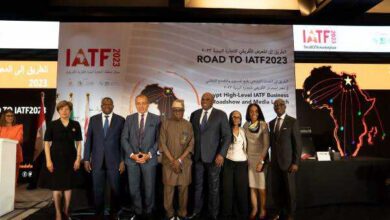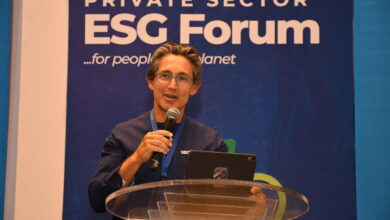IFC, World Bank to help Nigeria in boosting domestic carbon storage

BY JOHNMARK UKOKO
The International Finance Corporation (IFC) and the World Bank have commenced work with the Federal Government to develop a domestic market for carbon capture utilisation and storage for industrial emissions, an area that could accelerate the energy transition and help Nigeria reach its emissions target.
The initiative would produce a nationwide atlas of CO2 emissions sources and potential sites for underground sequestration, while the IFC would work with the government to identify the most promising sectors and private firms that could pilot new technologies for capturing using and storing carbon.
Also, the World Bank would collaborate with the Nigeria government to outline policies and regulations that could accelerate the technologies uptake, while helping the local industry to meet international standards.
World Bank’s CCS Trust Fund under the Energy Sector Management Assistance Programme (ESMAP) has committed to funding the project and the Trust Fund supported by the governments of the United Kingdom and Norway.
The Federal Government, through the office of the Vice President, Yemi Osinbajo has expressed readiness to work with the World Bank towards developing and implementing Carbon Capture Utilisation and storage (CCUS), as part of the country’s path to accelerate energy transmission by 2060.
Commenting on the initiative, IFC Global Head for Climate Change for developing countries, Vipek Pathak, who pledged his organisation’s support for the project, said: “The office of the Vice President of the Federal Government of Nigeria is very excited. The country believes that with the World Bank Group’s support and partnership with Nigeria, it is only a matter of time before the CCUS becomes an important force in global technology, innovation policy for climate and deep decarbonisation, especially for hard-to-abate-sectors.
“If we can combine carbon capture with a desire push on renewables, countries like Nigeria could be poised for a real breakthrough. This will be a game-changer for developing countries, Nigeria will get enough support from IFC and the World Bank financially, viable carbon capture industry could be,” he said.




